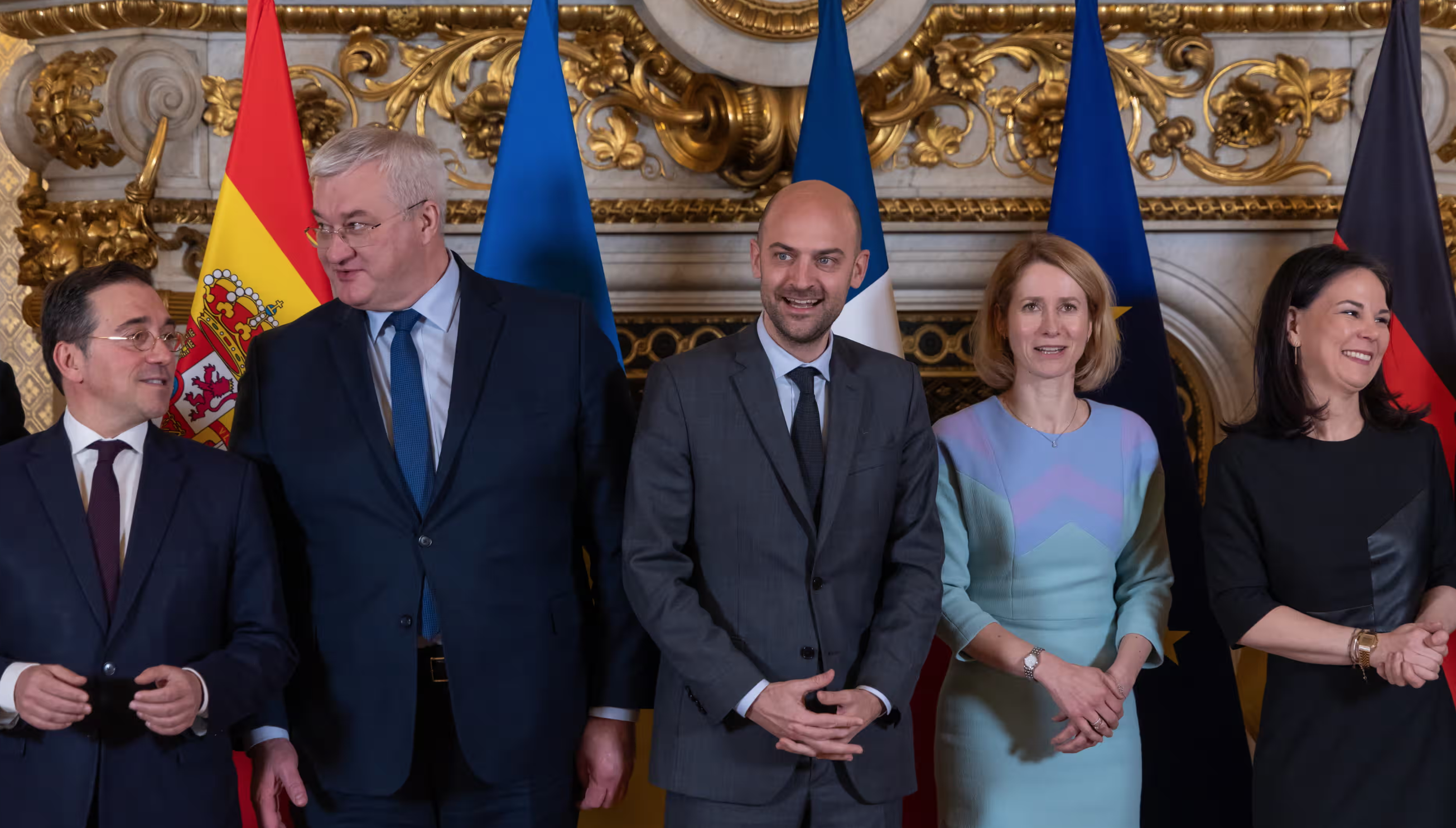 European leaders have voiced their discontent regarding the stalled negotiations surrounding Ukraine’s ongoing conflict with Russia.
European leaders have voiced their discontent regarding the stalled negotiations surrounding Ukraine’s ongoing conflict with Russia.
This latest development has ignited a flurry of reactions, with many describing the situation as a “temper tantrum” from leaders who feel their influence and authority are being undermined.
The discontent surfaced during a recent summit in Brussels, where leaders from various EU member states gathered to discuss the next steps in providing support to Ukraine.
As the conflict drags on, there is increasing pressure on European nations to come together and form a united front. However, disagreements over the level of military aid and economic support to provide Ukraine have led to significant divisions.
Leaders from countries like France, Germany, and Poland have expressed frustration at the perceived lack of urgency from some member states, especially regarding military support. “We are at a critical juncture, and we need to act decisively,” stated French President Emmanuel Macron. “Throwing temper tantrums will not yield the results we need. We must focus on effective strategies for supporting Ukraine.”
The ongoing conflict has not only humanitarian implications but also significant geopolitical consequences, as Europe faces an energy crisis exacerbated by the war. The European Union has been trying to find a balance between supporting Ukraine and avoiding repercussions that may destabilize their own economies.
Moreover, the hesitance of certain countries to increase military support has led to accusations of undermining the collective effort. “This is not the time for discord; we need solidarity,” asserted German Chancellor Olaf Scholz. “Ukraine is counting on us to stand together and provide the necessary support.”
As negotiations become increasingly fraught, the European Union is at risk of appearing divided on a critical international issue. Experts warn that a lack of a cohesive strategy could embolden Russia and hinder Ukraine’s ability to defend itself.
The frustrations among European leaders regarding the stalled negotiations over support for Ukraine highlight the complexities of international diplomacy in times of conflict. As they grapple with differing opinions and strategies, the urgency for a united approach grows more critical. The sentiment among leaders is clear: collective action is essential to support Ukraine and send a strong message against aggression.





















